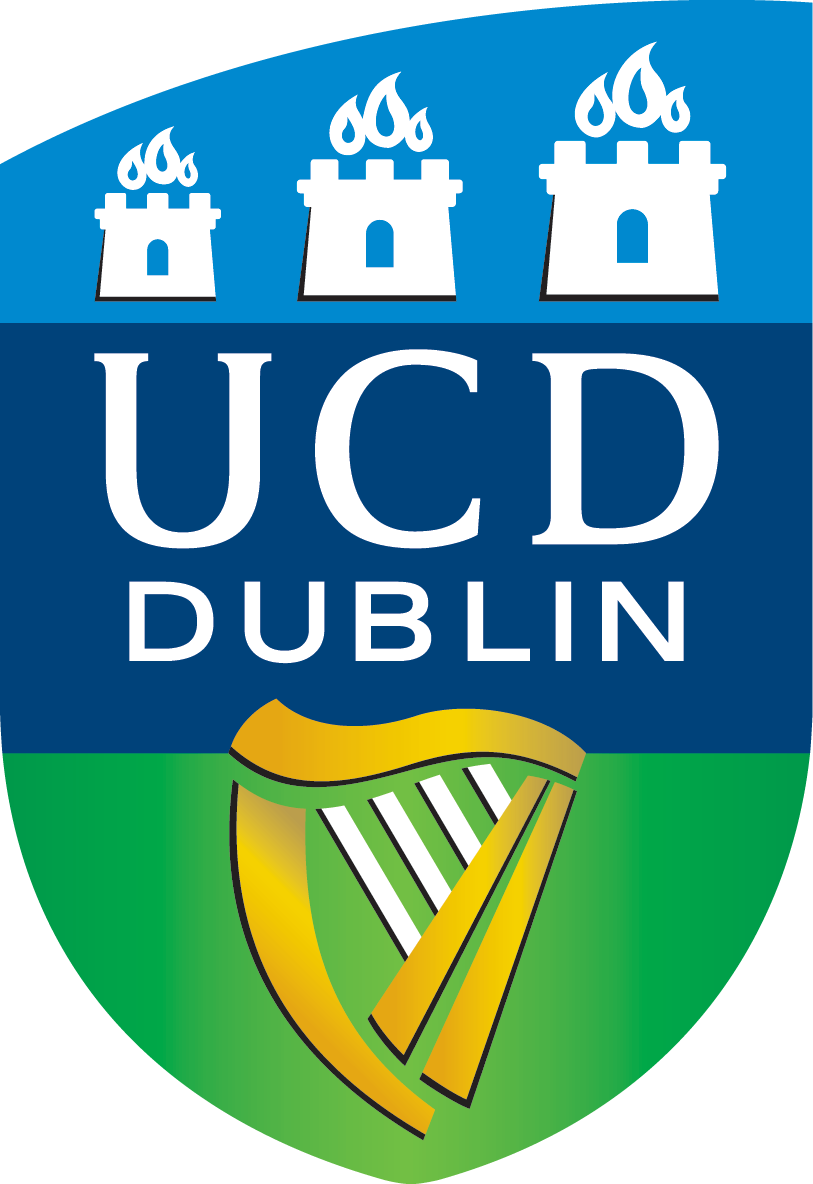The Black Hole Perturbation Toolkit brings together software and data relating to black hole perturbation theory. These can then be used to model gravitational radiation from small mass-ratio binaries as well as from the ringdown of black holes. The former are key sources for the future space-based gravitational wave detector, LISA.
Our overall goal is for less researcher time to be spent writing code and more time spent doing physics. Currently there exist multiple scattered black hole perturbation theory codes developed by a wide array of individuals or groups over a number of decades. This project aims to bring together some of the core elements of these codes into a Toolkit that can be used by all.
The BHPToolkit is it made up of many different tools which can be individually installed by users depending on what they are interested in. The Toolkit and Data repository page lists the currently available software and data and on the page for each tool you will find its installation instructions.
Community
Development of the Toolkit is led by the researchers at University College Dublin, the University of North Carolina at Chapel Hill and the Kavli Institute for Astrophysics and Space Research at the Massachusetts Institute of Technology.



Development of the SpinWeightedSpheroidalHarmonics packages was supported by the European Space Agency’s Summer of Code and we also have open proposals for the 2019 Summer of Code.
Since its inception many others have contributed and made use of the Toolkit. See the users and contributors page for more details.
Citation Guideline
If you make use of any of the Toolkit in your research please acknowledge using:
This work makes use of the Black Hole Perturbation Toolkit.
To cite the Toolkit please use this BibTeX entry (or similar). Some modules also request additional citations. Please check the documentation for individual modules. If you use or add code or data to a specific package we also recommend referencing the package directly, and including a link, e.g.,
The full PN series data can be found in the PostNewtonianSelfForce package of the Black Hole Perturbation Toolkit.
Why Cite?
A lot of researcher time and effort goes into developing the Toolkit. Acknowledging and citing this work demonstrates that it is being used which helps us secure additional funding to support further development. In addition to citations, if you make use of the Toolkit in your work please let us know at niels [dot] warburton [at] ucd [dot] ie so we can add you to our list of known users.
Contributing code?
Developing code to compute perturbations to black holes takes a lot of time and effort. The goal of the Toolkit is not to have each and every researcher’s cutting edge code on public display, rather to build a core of software that is common to many of the codes that currently exist. This will stop researchers having to reinvent the wheel and thus decrease the development time for new software. This will, in turn, assist the study of black hole perturbation theory for gravitational wave science.